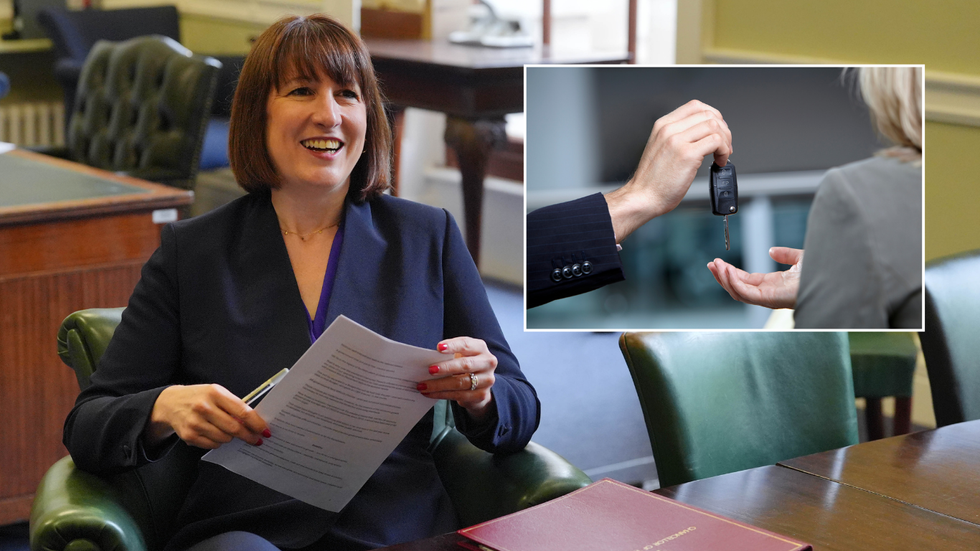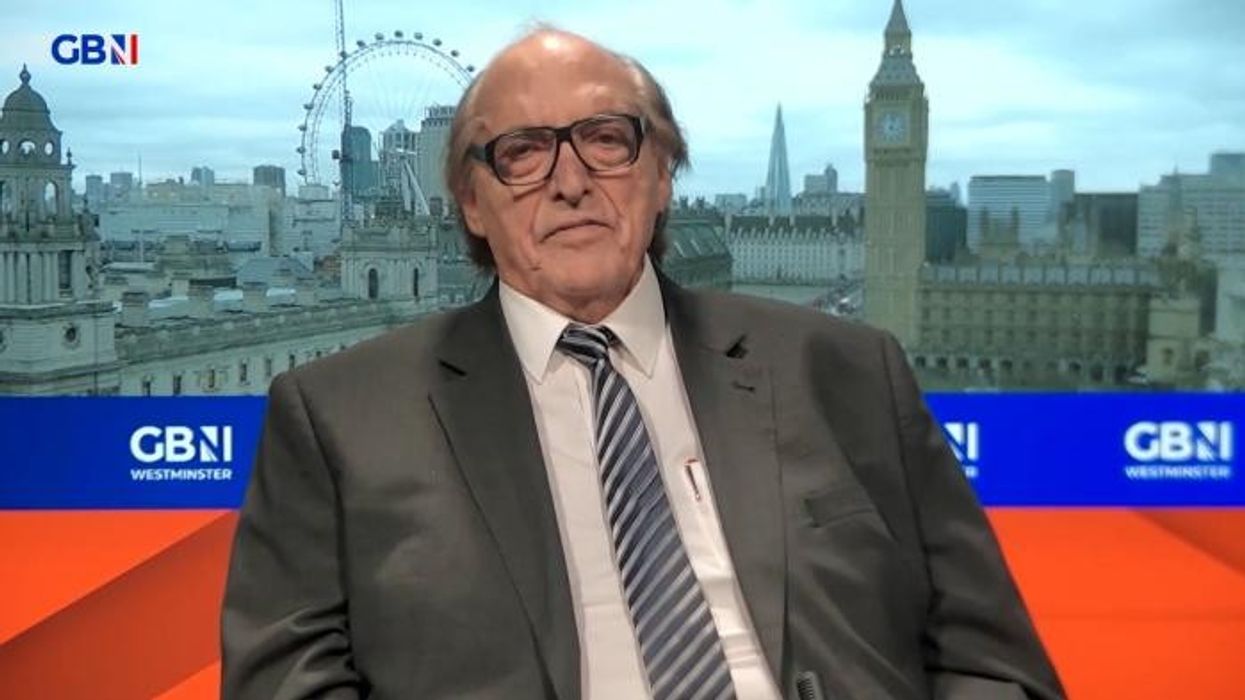Rachel Reeves makes surprise move as she intervenes with driver compensations into car finance scandal

The Chancellor warned the compensation payouts could costs the car finance sector billions
Don't Miss
Most Read
Rachel Reeves has intervened in a major car finance scandal by backing car loan providers in not paying out billions in compensation rather than helping customers get their fair share.
It follows the Treasury launching a bid to seek permission to intervene in an upcoming Supreme Court case which threatens to impose massive costs on the UK banking sector.
The move comes as the Government attempts to shield lenders from potential payouts which could reach £44billion, following an October Court of Appeal ruling that found it unlawful for banks to pay undisclosed commissions to car dealers.
With roughly 80 per cent of new vehicles in the UK purchased through finance agreements, the Treasury warned the case could severely impact consumers' ability to obtain car loans.
Do you have a story you'd like to share? Get in touch by emailing motoring@gbnews.uk

The Treasury has put forward a bid to intervene in the Supreme Court ruling
|GETTY
However, if successful, the intervention could prevent millions of car owners from getting their rightful compensation, experts have warned.
Compensation has been in the works since last year and related to millions of car users who unknowingly overpaid on car loan interests through Discretionary Commission Arrangements.
The scandal mainly impacted cars bought before January 28, 2021, with drivers impacted currently still able to register a complaint with the Financial Ombudsman.
Last year major banks began setting aside funds, with Santander reserving £295million and Lloyd's allocating £450million to cover potential redress payments.
The case stems from an October Court of Appeal ruling that sided with consumers who complained about "secret" commissions on car loans.
The judgment triggered thousands of pounds in compensation payments from lenders FirstRand Bank and Close Brothers, sending shockwaves through the UK banking system.
Now, in a submission to the Supreme Court, the Treasury has warned the case has the "potential to cause considerable economic harm" and could affect both the availability and cost of motor finance for consumers.
Officials expressed concern the ruling might "generate a perception that regulation in the UK is uncertain" and comes at a similar time when the chancellor is attempting to attract investment at the World Economic Forum in Davos.
The situation has already prompted Santander to reconsider its presence in the UK market, according to sources familiar with the matter.
A Treasury ally defended Reeves' position, stating: "If lenders have broken the law then consumers should receive compensation proportionate to the losses they have suffered.
"However, the chancellor's concerned that the judgment risks using a sledgehammer to crack a nut. That would be bad for consumers and bad for the industry.”
The Supreme Court is set to hear the landmark case in early April, with Lord Reed, president of the Supreme Court, and deputy Lord Hodge among the judges presiding.
LATEST DEVELOPMENTS:
 Drivers are being urged to check if they have been impacted by the car finance scandal | GETTY
Drivers are being urged to check if they have been impacted by the car finance scandal | GETTYStuart Masson, from The Car Expert, previously spoke about the Supreme Court ruling and the impact it could have on motorists who have used car finance in recent years.
He said: "This ruling [from the UK Court of Appeal] marks a significant precedent that extends far beyond car finance.It has reinforced and proven that lenders and brokers have a duty of care to their customers and must ensure absolute clarity in all information provided.
"Aligned with the FCA's 'treating customers fairly' principle, the ruling highlights a failure to meet these standards."








